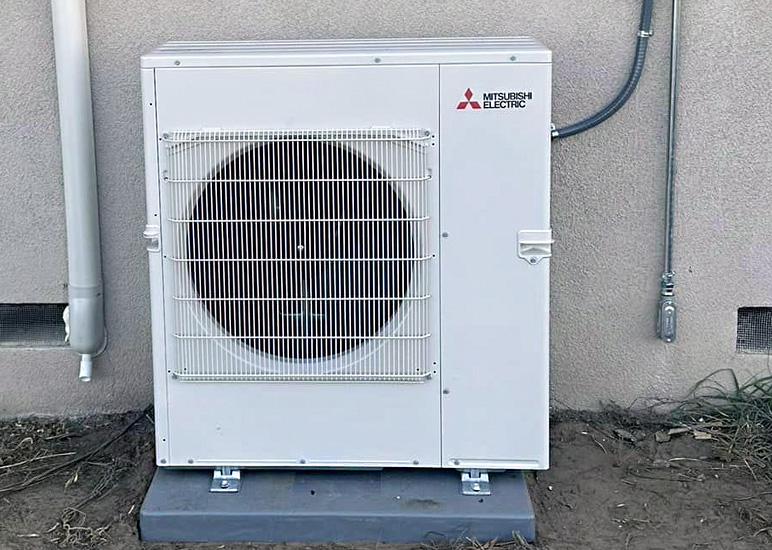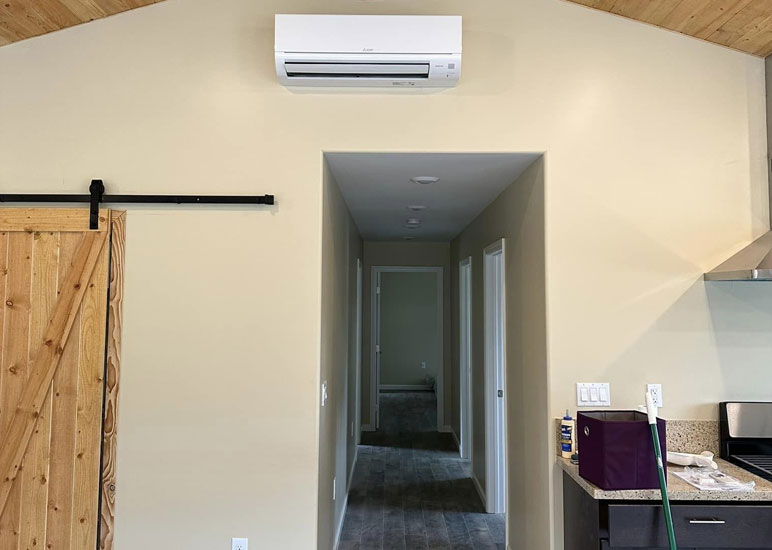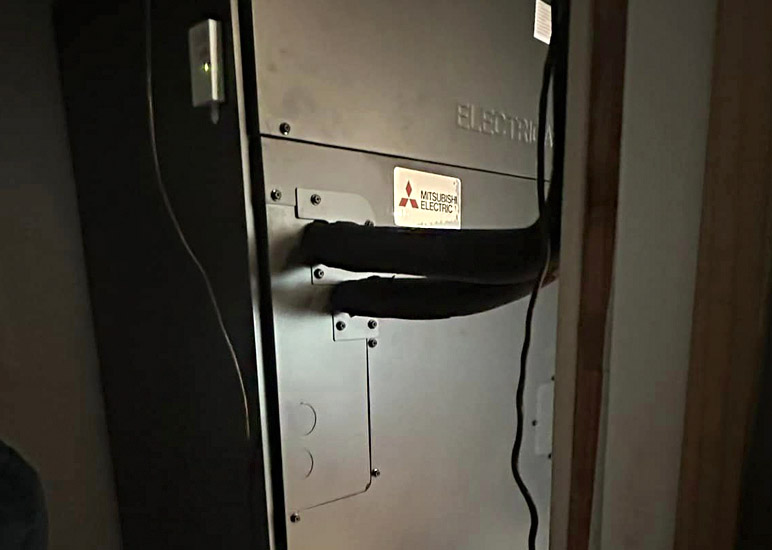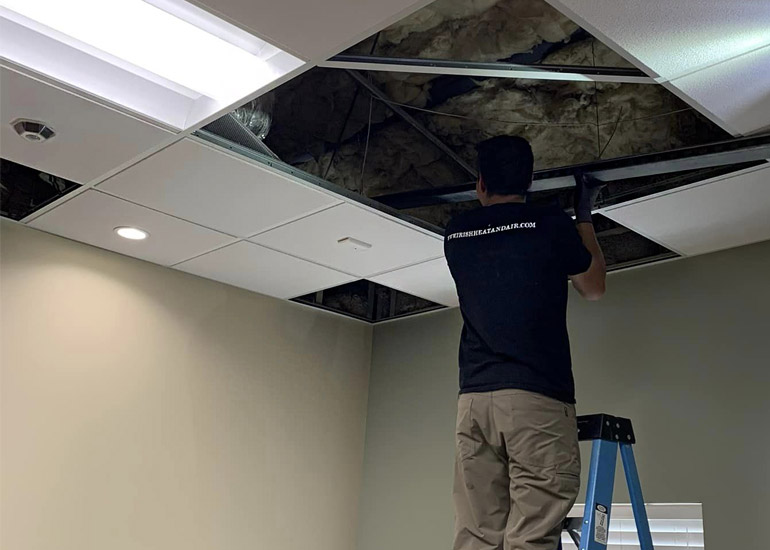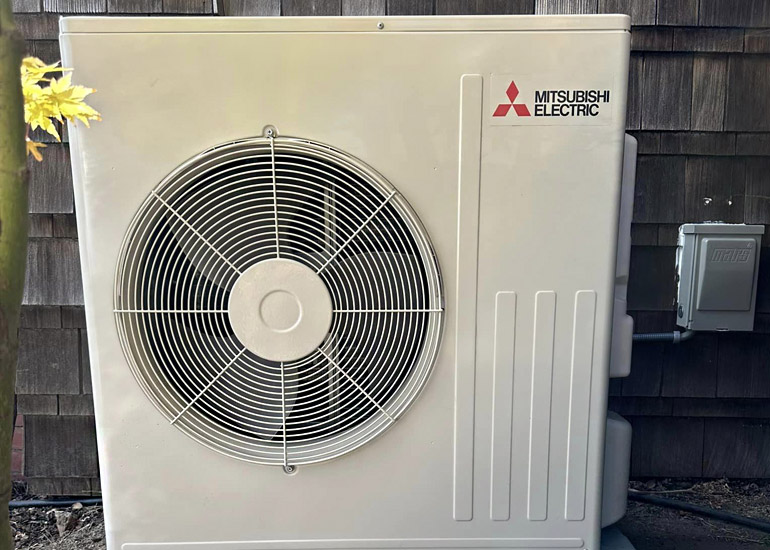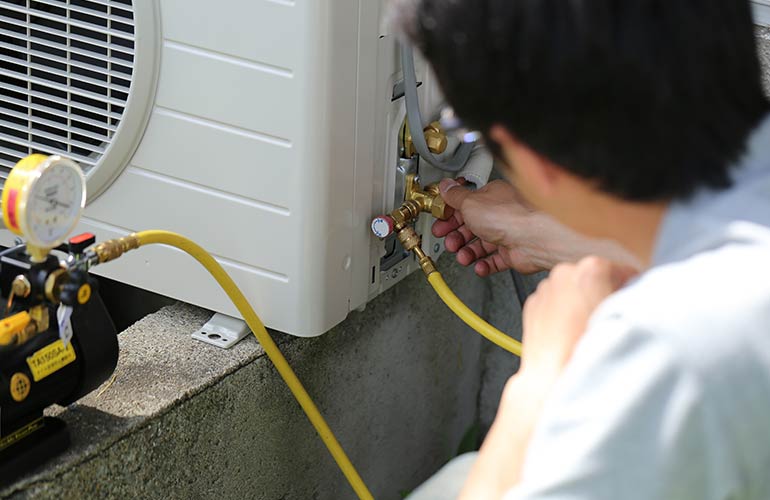 Why is it that air conditioners seem to break down on the hottest day of the year? Small problems with the air conditioner really start to matter when it has to work it’s hardest to keep your home cool. You can avoid these emergency repairs in the first place by taking a few precautions before those hottest days arrive. That can save you some money even if it means your air conditioner needs some repairs. Here are our top seven tips for preventing emergency air conditioning repairs.
Why is it that air conditioners seem to break down on the hottest day of the year? Small problems with the air conditioner really start to matter when it has to work it’s hardest to keep your home cool. You can avoid these emergency repairs in the first place by taking a few precautions before those hottest days arrive. That can save you some money even if it means your air conditioner needs some repairs. Here are our top seven tips for preventing emergency air conditioning repairs.
1. Get Yearly Maintenance
By far, the best way to prevent emergency air conditioner repairs is to get the professionals involved. Small problems with air conditioners will begin to affect other parts of the unit unless you get a professional to care for those little details. Plus, the professionals will clean your unit, which will also help keep it working properly.
2. Change the Filter
Every air conditioner has a filter to protect it from dust and other airborne debris. If the filter is too full, the air conditioner will have trouble moving air, which can cause problems in the long-term. So, change your filter yearly.
3. Use a Cover in Winter
You should place a cover over the outdoor component of your air conditioner, also called a condenser, when it is not in use. This protects the condenser from leaves, dirt and other debris that could build up and harm it over time. If you don’t use a cover, be sure to clean the condenser unit well before you turn it back on.
4. Close Your Blinds
If you can make your home cooler, your air conditioner won’t have to work as hard. It will be less likely to develop major problems and will last longer without needing to be replaced. So, you can do things like closing your blinds and avoiding using your stove on the hottest days to try to keep your home cool.
5. Move Your Lamps
Is your air conditioner running all of the time, even though you feel cool? It might be that you have a lamp or another source of heat near the thermostat. This can keep the thermostat at a high temperature, even when the rest of the home is cool. Move the lamp, and your air conditioner will take a break.
6. Set A Higher Temperature
If you haven’t already, consider setting your thermostat a little higher, to help give your air conditioner a break. Doing this on the hottest days of the year has the biggest impact because it shortens the gap between the temperature outside and the temperature your air conditioner needs to meet. You want to avoid having your air conditioner running 24/7 if you can.
7. Pay Attention to Changes
Usually, an air conditioner will give you a few signs that something is wrong before it gives up entirely. That might be an unusual noise, higher than normal utility bills, or a leak from the unit. Pay attention to these small changes, so that you can have a professional fix them before they become serious.

